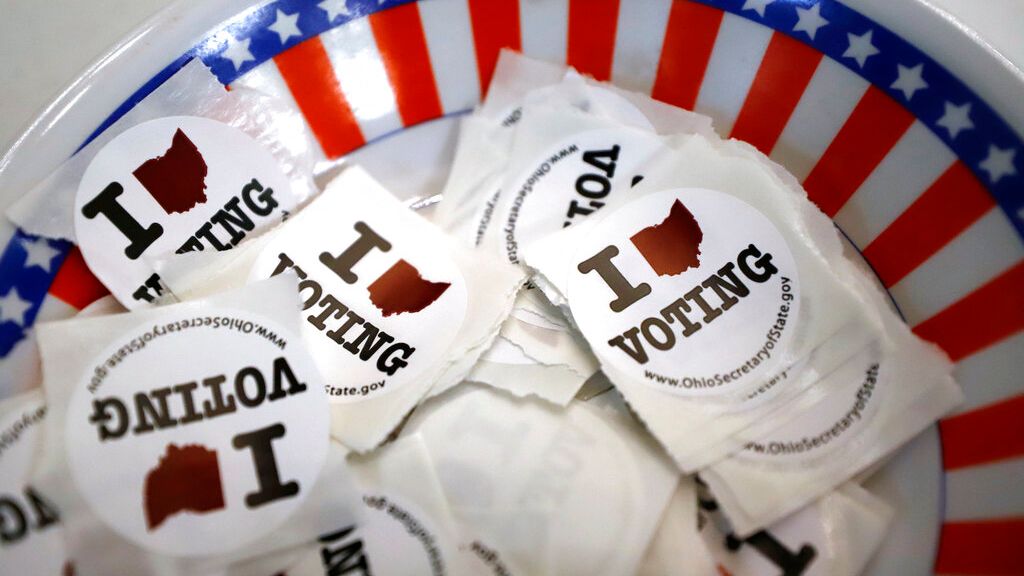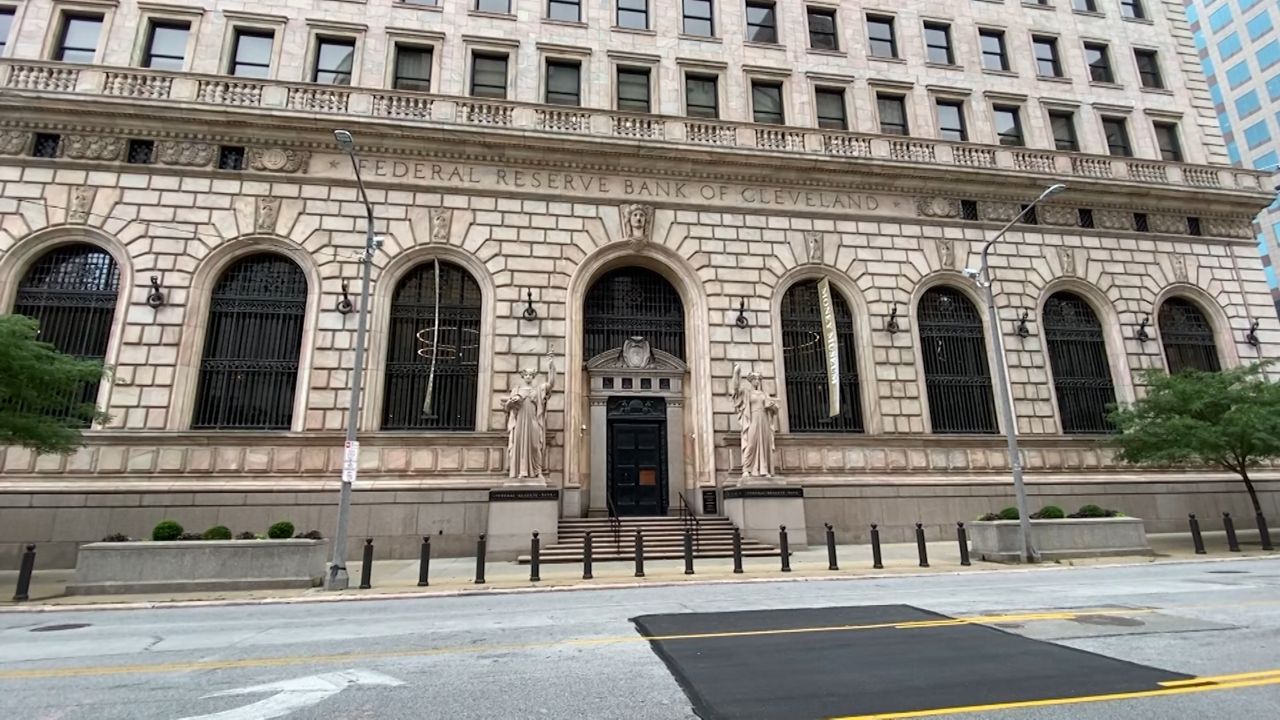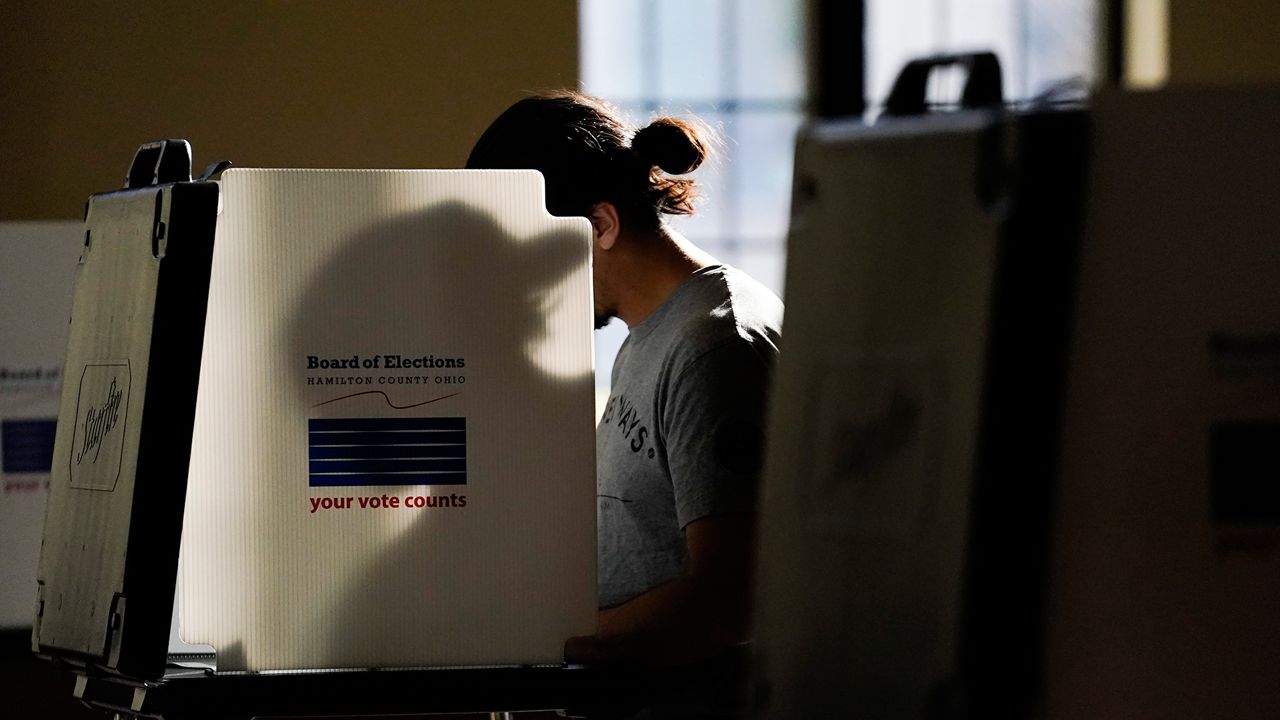COLUMBUS, Ohio — One day after Gov. Mike DeWine vetoed a bill that would strip him of autonomy over executive health orders, the General Assembly overrode his veto.
What You Need To Know
- The Ohio House and Senate voted to override Gov. Mike DeWine’s veto of SB 22
- The bill strips the governor of autonomy over executive health orders among other things
- The Ohio Senate voted 23-10 and the Ohio House voted 62-35
- The bill goes into effect in 90 days
The Ohio Senate voted 23-10, and the Ohio House voted 62-35, to have legislative oversight over DeWine and any future governor when it comes to their own executive orders concerning public health.
"We are using our own checks and balances on the governor's power today to be able to reassert our authority as a co-equal branch of government," said Sen. Rob McColley (R-Napoleon).
Ohio Senate and Ohio House Republicans overrode DeWine's veto of Senate Bill 22 by concurrent resolution, with more than enough votes to exceed the required three-fifths threshold of all members.
"The lane that the legislature is in should not be in the business of public health," said House Minority Leader Emilia Sykes (D-Akron).
Senate Bill 22 also establishes the Ohio Health Oversight and Advisory Committee, made up of bipartisan lawmakers in both chambers that will advise the governor when making health orders. Lawmakers must sign off on any health emergency that lasts longer than 30 days. A simple majority may strike down any order immediately.
If that were to happen, the governor would have to wait 60 days before re-issuing a similar order. This means no more mask mandates, occupancy limits, or school or business closures without the state legislature's consent.
The bill also allows anyone who wins a lawsuit against the state on the legality of an order to have their lawyer fees covered by the state.
DeWine previously said the bill “jeopardizes the safety of every Ohioan.” Sykes echoed that sentiment as the override did not receive any democratic support.
"Mr. Chair, people will be harmed by the decisions of your members because this does not make any sense,” Sykes said to House Speaker Robert Cupp (R-Lima). “They are not public health experts. You are not a public health expert."
Another concern is the Ohio Legislative Service Commission, which is made of policy researchers at the Statehouse, has said the override could be unconstitutional because it was passed by concurrent resolution and not as a bill.
According to the Ohio Constitution, in order for a bill to become law it has to be signed by the governor.
Cupp, a former Ohio Supreme Court justice does not see it that way.
"The health order authority that the governor has is by virtue of statute and if the legislature has the ability to grant that authority, it also has the ability to put guardrails around it any orders issued," Cupp said.
The bill goes into effect in 90 days, and lawmakers are ultimately putting DeWine on the clock to make a decision about his orders.
"Of course, we can get to the end of June and see what the situation is and I think it's likely that if the governor hasn't acted by then that the legislature will," said Senate President Matt Huffman (R-Lima).










